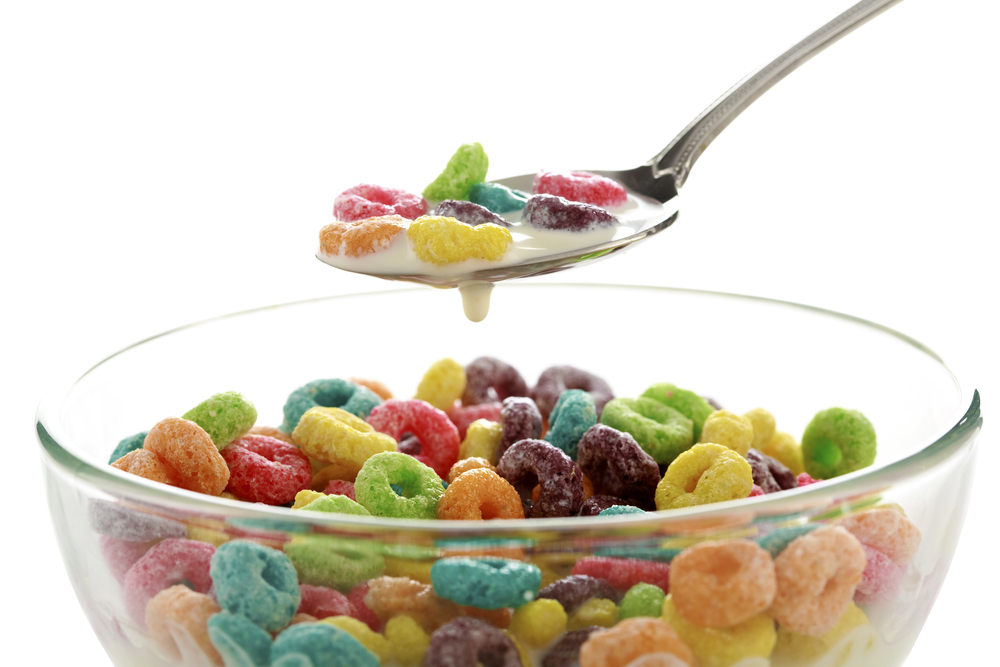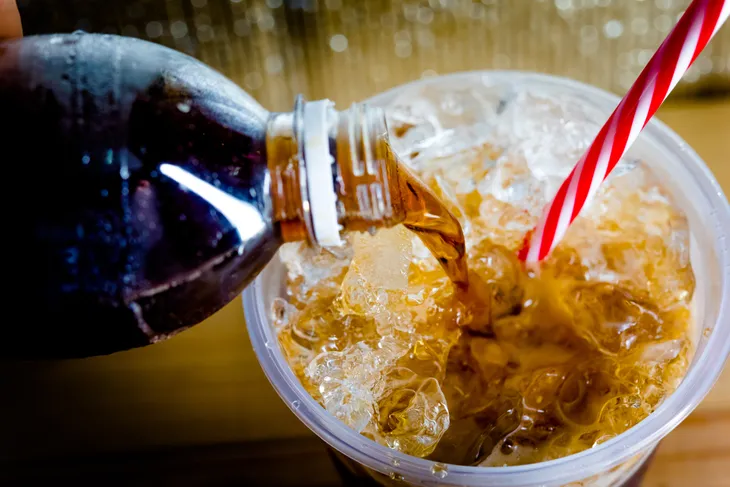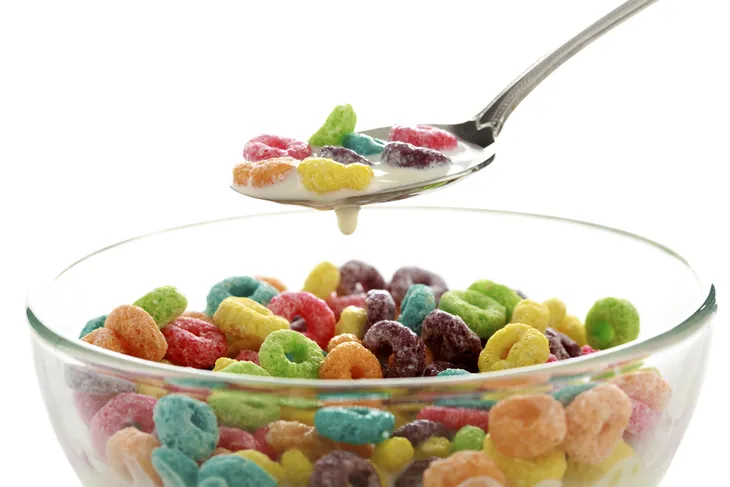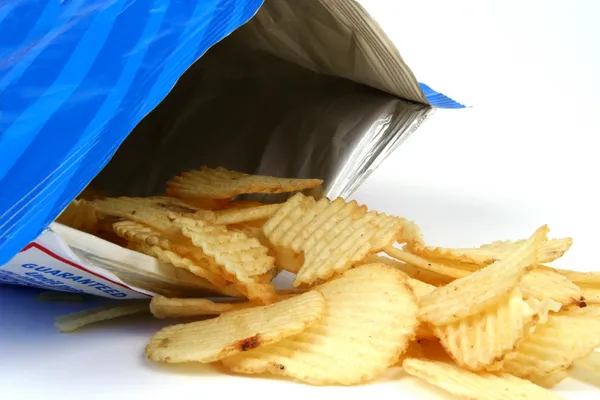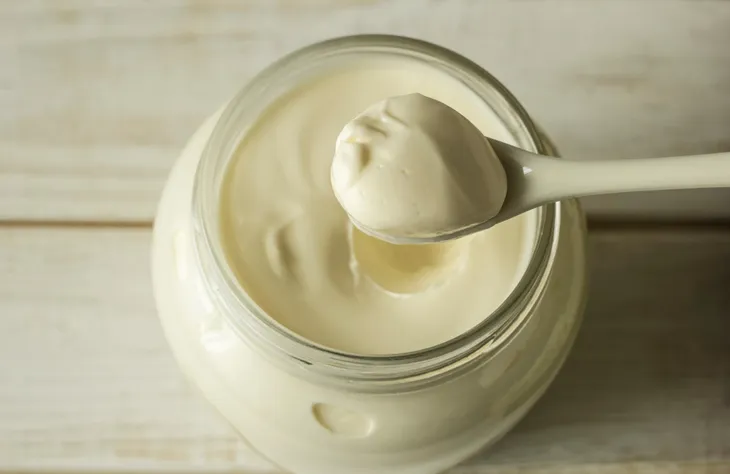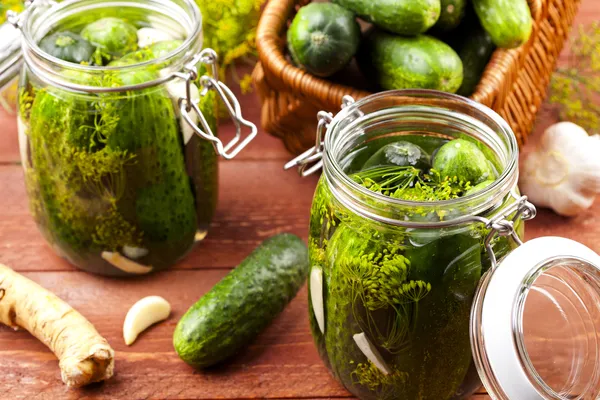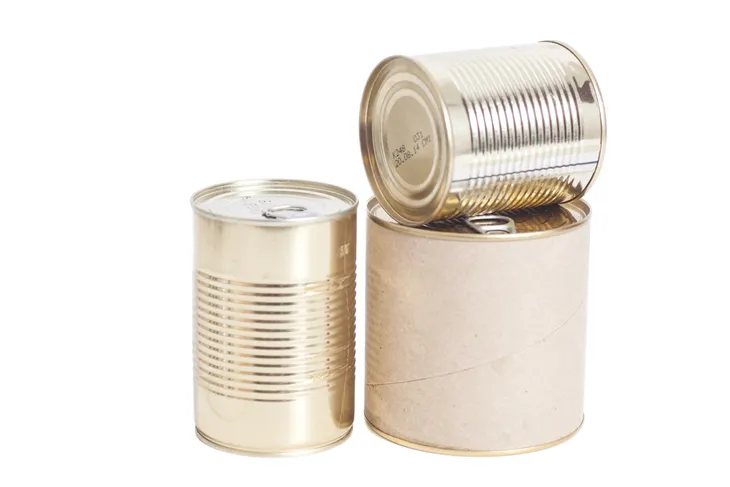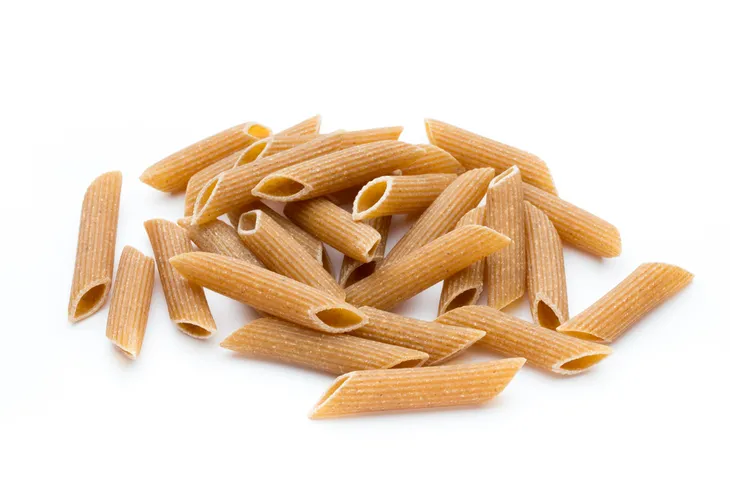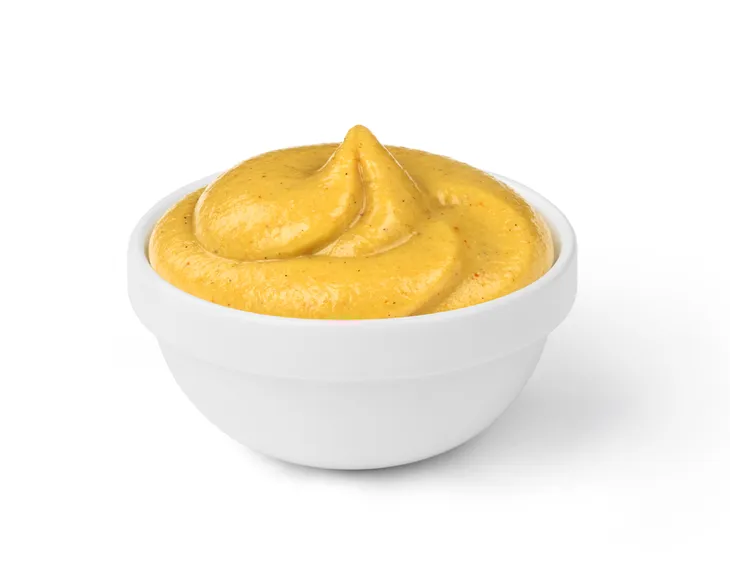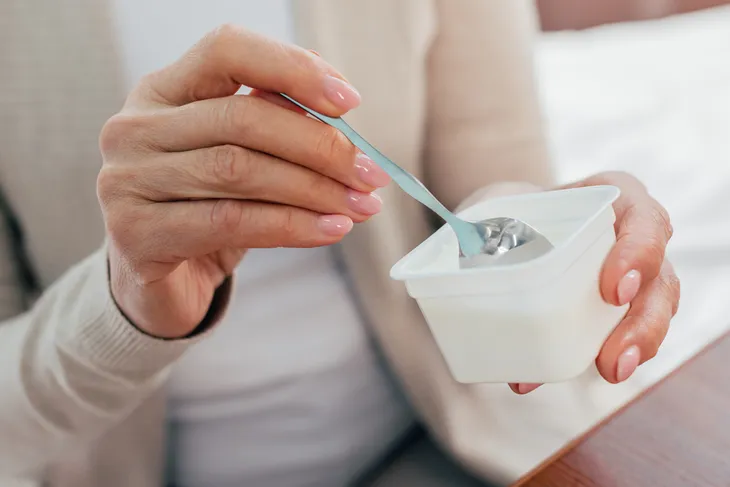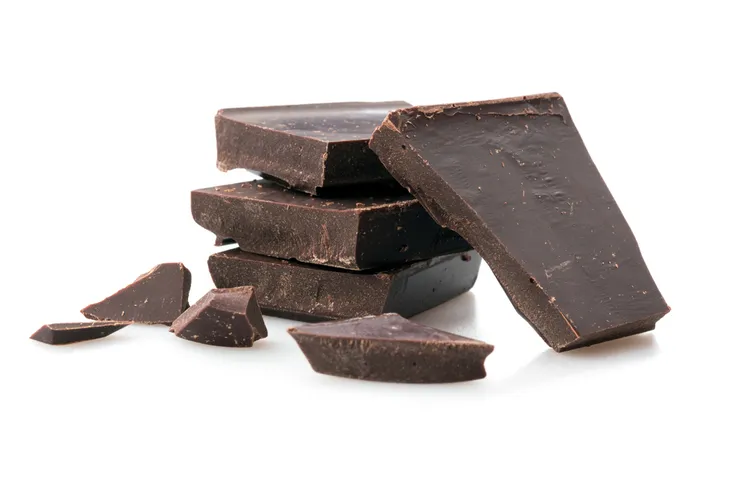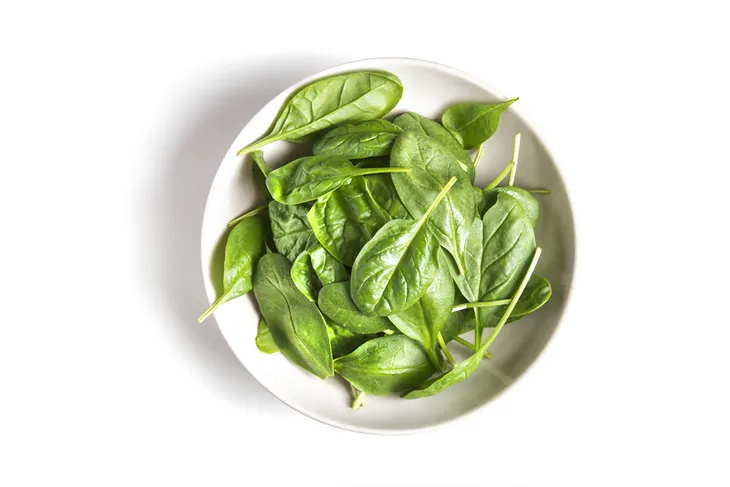We’ve all done it—drank from a questionable carton of milk, mowed down on the remains of old yogurt, and even dared cook meat that had been in the freezer for a few months (well six to be exact).
While we tend to exercise the phrase “better safe than sorry” when it comes to food spoilage, there are some foods that can be eaten past their expiry date. These dates are just given to let consumers know when they are at their peak quality and freshness, and sometimes there is a little bit of leeway between that date and their real expiration.
Here’s a list of foods that even food experts admit we can consume safely past the expiry date on their packaging…
Soda
With the amount of chemicals and beverage additives in carbonated drinks, it shouldn’t surprise you that they are formulated to last a really, really long time. Just to give you a perspective of the shelf life, food scientists estimate that diet soda is good for up to 4-months past its shelf life expiry date, while soda with regular sugar content can safely be consumed up to 9-months after its listed expiration date.
If you pop open a can of soda that’s been sitting around for a while, your own senses and good judgment will serve you well in determining whether or not it is still good. You should pour old pop into a glass and observe its character and consistency before drinking it; if it no longer fizzes up, or if it appears watery and there aren’t any bubbles, don’t consume it. There are some health risks associated with drinking expired soft drinks.
Processed Cereal
If there’s a pending apocalypse, you should really stock up on boxed, commercially prepared cereal…as long as you don’t mind a little less crunch in your bowl. Despite getting a bit stale and losing flavor, most food experts say processed cereals will last for up to 6-months past its due date, especially if you’re careful about preserving it after you open it. Wrapping the open bag with a rubber band or pinching it shut with a clothespin will do the trick.
You want to draw the line if you notice any discoloration in the cereal itself, or if you detect any traces of physical breakdown. Stale cereal will also lose its crunch; flakes will feel flimsy, almost as though they’ve already been in milk when they’ve just come straight out of the box. In those cases, it’s best to toss your cereal stash and head to the grocery store.
Butter
You might be surprised that I’d include a dairy product on this list. However, unlike most other dairy products, butter freezes quite well and can be stored for months at a time. So if you have an unopened package of butter approaching its expiry date, food scientists say you’re safe to pop it in the freezer until you’re ready to use it. I
f you prefer soft butter, you can also safely store it outside the refrigerator, preferably in a covered butter dish. It will be good for up to a week under these conditions, and you won’t have to tear apart your bread when you’re spreading it.
To thaw butter, simply take it out of the freezer and leave it in your refrigerator to slowly thaw out for about 12 to 24 hours. Once it’s no longer frozen, it will be safe and easy to use in cooking and baking. Just be sure to use the whole block promptly.
Beef
You might be too frightened to consider consuming raw beef past the due date, and erring on the side of caution is always a good idea. However, as long as the beef is properly cooked all the way through, you can pop it in the fridge and consume it up to five days past the due date. Just be sure the cooked beef is well done before you refrigerate it.
From a practical standpoint, you can leverage this characteristic of beef to your advantage if you’re on a tight budget. Prepare a large pot of chili or fry and season some ground beef to use in tacos, burritos or spaghetti sauce, then put it in a sealed container and reheat it as necessary. You’ll be able to get a bigger bang for your grocery buck, and you’ll always have a half-ready meal waiting in the fridge for when hunger strikes.
Hard Cheese
I never finished all of my old nippy cheddar before the expiry date. Then before I knew it, little green patches were forming along the edges of my favorite snack. However, I’ve learned from food research that if even under those circumstances, I still have four weeks left until it spoils completely. Hard cheese is one of the most resilient dairy products on the market.
However, there are a couple of winning tips to keep in mind. First, if you have small traces of mold growing on the outside of your hard cheese, be sure to remove it before snacking on the unaffected parts. Also, remember that this advice doesn’t apply to soft cheeses, like brie. They have a much shorter shelf life, and they should never be consumed after their expiry dates. Nasty bacteria and other microbes can leave you with a terrible case of food poisoning.
Chicken
I would never suggest cooking raw chicken breasts, wings, thighs or legs past their due date. However, freezing that package prior to its “best before” date is perfectly acceptable, according to food professionals. In fact, I’ve safely frozen a package of almost-expired chicken thighs, only to thaw and cook them in my crock pot a year later. The key is to make sure that the poultry is completely frozen through by the listed expiration date.
Using this strategy can save you a lot of money at the grocery store. Look for chicken products which are approaching their expiration date, and chances are you’ll find them on sale at deeply discounted prices. Then, load up your shopping cart and pop the lot of them in the freezer when you get home. Just be sure to cook it within a day of thawing it out to make sure it doesn’t spoil before you’ve had a chance to chow down.
Potato Chips
They might lose a bit of that oh-so-flavorful crunch, but foodies say chips are so full of chemicals and additives that you can eat them months after the “best before” date on the bag. Just don’t serve them to guests—they might not share your intrepid spirit when it comes to aging foods. Like many other snack foods, chips are packaged in such a way that excess air is effectively eliminated from an unopened bag. Thus, they last for months and months with little detectable decline in flavor or quality.
That said, you don’t want to eat chips if they’re spoiled, as you could wind up with an awfully upset stomach or worse. Fortunately, there’s a simple test that will tell you whether or not your chips are safe to eat. If they’re still crunchy, they’re still good. If they seem chewy, you’re best off to give them the old heave-ho and head to your local corner store to pick up a new bag.
Pork
What do you mean there’s no pork on your fork after the expiry date? You really don’t have to let that fine cut of pork loin or a whole pork roast go in the trash. As long as it’s cooked completely prior to expiry, food safety guidelines admit you can safely eat it for up to three days past the “best before” date listed on the packaging.
As with chicken and beef, you can score savings if you buy pork from the grocery store just before it expires, then put it in the freezer as soon as you get home. Again, the same advice applies: be sure to cook it thoroughly within 24 hours of thawing it out, and eat any leftovers within a few days of preparing it. You may find that cooked pork dries out more than other meats when you store it in the fridge, so chances are you’ll end up tossing it before it goes bad anyway.
Mayonnaise
I know if you looked in my fridge right now, you’d find a jar or two of expired mayonnaise. That’s because my kids always push it to the back of the fridge, and I wind up buying a new jar because I mistakenly think we’ve run out. However, research shows that an open jar of mayo is good to use even three or four months after it’s expired, as long as it’s always been stored at the right temperature.
Be careful, though. If a jar of mayonnaise is left unrefrigerated for even a few hours, bad bacteria can start to gain a foothold, and they may not be killed off by putting the mayo back in the fridge. A good rule of thumb is to only take the jar out of the fridge when you’re ready to use it, and put it back in as soon as you’re done. That way, you’ll get the biggest bang for your buck and you won’t have to worry about getting sick, as long as you don’t push things past the recommended time.
Dill Pickles
Did you find a beloved yet forgotten jar of dill pickles lurking in the back of your fridge? As a general rule, if the product is preserved and stored in salt an acidic liquid such as vinegar or brine, you can pick a pickle past its due date. The salty, acidic liquid is most inhospitable to just about anything that might get you sick, which is one of the reasons pickles and pickled vegetables have been a popular foodstuff since before the days of home refrigeration.
Unopened jars of pickles can be safely stored for months, or even years, with no problems. If you’re convinced the zombie apocalypse is coming, pickles are one of the safest foods you can get. Just be sure to store plenty of water along with them, as pickles and pickled vegetables tend to have a very high sodium content.
Eggs
People don’t usually have eggs in their fridge for a suspiciously long amount of time. Most people eat eggs a lot more frequently than some of the other items on this list, but if a time ever comes when you’re questioning whether it’s safe or not to crack that egg and eat it, it’s most likely okay.
The best before date on eggs is usually labeled based on when the hen laid the egg. Taste of Home writes, “if the carton has a pack date with a USDA grade shield, it will have a three-digit code which represents the consecutive day of the year, starting with Jan. 1 as 001 and Dec. 31 as 365.” According to the source, you can safely eat eggs up to 30 days past their due date.
Canned Goods
Canned goods last so long that it’s hard to keep them on hand before they actually end up expiring, although I’m sure we’ve all been there once or twice. The best thing about canned goods is that they have such a long shelf life. We can thank their highly processed quality for this. As long as this food item has been stored properly in a cool, dark area, then they should be okay.
“The more refined and processed a food is, the longer you can keep it past the expiration date,” says Alan Aragon, M.S., when talking to Men’s Health. You’ll know if they are no longer safe to eat even before it’s opened. Look for rust on the can, whether it’s bulging from the top and bottom, or the seal is leaking. When the can is opened, check to see what the texture is like. “The signs of botulism are a bubbling and frothy texture at the top of the can that you don’t want to taste.”
Uncooked Pasta
Similar to canned goods, pasta tends to last a long, long time. Now if it gets to be super old it will lose its flavor, but most of us are eating pasta with some sauce, so it might not even be noticeable! The Food Network writes that dry pasta tends to last up to two years.
If the food smells off or is starting to look off-color, then it’s probably time to throw it away. Egg pasta for example will begin to smell rancid when it’s gone bad.
Cookies and Crackers
Packaged foods like cookies and crackers are highly processed (and very bad for us), so they don’t contain many ingredients that necessary go bad. This is especially true if the bag or box hasn’t been open yet.
Men’s Health writes that the USDA has given the go ahead to enjoy foods like cookies and crackers past their expiration date. While we can’t promise they’ll taste as crunchy or delicious as they would when they were more fresh, they shouldn’t cause any serious illness.
Frozen Food
Like canned foods, frozen food is super handy because of the fact that it lasts so long. People tend to buy foods like vegetables, fruit, pizza, and even pre-made dinners frozen so they can store them on hand for whenever they might be in a pinch for dinner.
Men’s Health talked to Toby Amidor, MS, RD, a nutrition expert and author of The Easy 5-Ingredient Healthy Cookbook who said for the most part it’s safe to eat frozen foods past their expiration date. You can even eat them if they have freezer burn! All it means is that they’ll be a little less tasty, but they won’t cause any harm.
The only warning issued here is for defrosting and then refreezing food. You wouldn’t want to take an item out of the freezer, defrost it and then decide not to use it and put it back in the freezer. “That’s a potential hazard for harboring bacteria,” says Amidor. Taste of Home also warns not to eat purchased frozen meat more than 50-percent past it’s expiration period.
Mustard
Many condiments can last past their expiry date. Like mayonnaise, mustard can also be safely consumed past the best before date. In fact, bottled mustard that has been stored properly can last up to an entire year!
If the container has already been opened and is long overdue its expiry date, do a spoilage check. Smell the condiment and examine the texture. If they still look the same as they did when they were new, then it’s probably safe to eat.
Bread
I’m not sure about you, but I have never looked at the due date of bread! That’s because bread will clearly show when it’s gone bad. If it’s gone past its due date and is no longer safe to eat, it will start growing mold, but if there’s no mold, then go ahead and enjoy! Just be sure to do a thorough check beforehand.
To extend the shelf life of bread, store it in the fridge. When stored in the fridge, bread can last up to two weeks. When they’re on sale for a good deal, I will buy a few loaves at a time and store them in the freezer.
Yogurt
Usually any kind of dairy food is one that we’re the most scared of eating past their expiration date. Fair enough, dairy doesn’t have as long of a shelf life as some of the other foods on this list, but the USDA has pointed out that unless dairy foods like yogurt, milk, and cheese are showing signs of spoilage, then they’re still considered safe. Toby Amidor, MS, RD, a nutrition expert told Men’s Health that milk can last up to five days past the best before date and hard cheese (which we’ve already discussed) last much longer.
I can attest to this! There have been many times where I have eaten a cup of yogurt a few days past it’s expiry date and I’ve lived to tell the tale! I have also never gotten sick from it. If yogurt is past the expiry date, do a spoilage check before eating it — smell it, examine the texture and color. Use good judgement to determine whether or not it’s still okay.
Chocolate
According to Bustle, chocolate is like chips, cookies, and crackers, it can be safe to eat even when it’s old. Ever noticed a white film on old chocolate? The source says this is called “chocolate bloom” and that it’s safe to consume. “If chocolate is stored in a cool place (70 degrees or below), it will outlast its sell-by-date,” writes Bustle.
Pre-Packaged and Fresh Produce
You might be surprised to see produce on this list, but produce is like bread, it will show when it’s past its due date. You don’t really need to look at expiration dates. Many people safely consume their produce past when it’s due.
I often purchase pre-packaged containers of salad mixes with spinach and arugula. While the best before date gives me a good indication of how much time I have to eat it, I tend to pay more attention to what I see. If it still looks good, doesn’t smell, and isn’t slimy in texture, then I’ll still eat it. Even if it’s a day or two past the expiry.
As long as it’s not clearly rotting, mushy, or have any other visible signs of going bad like mold or pungent smells, it’s likely still safe to eat.
